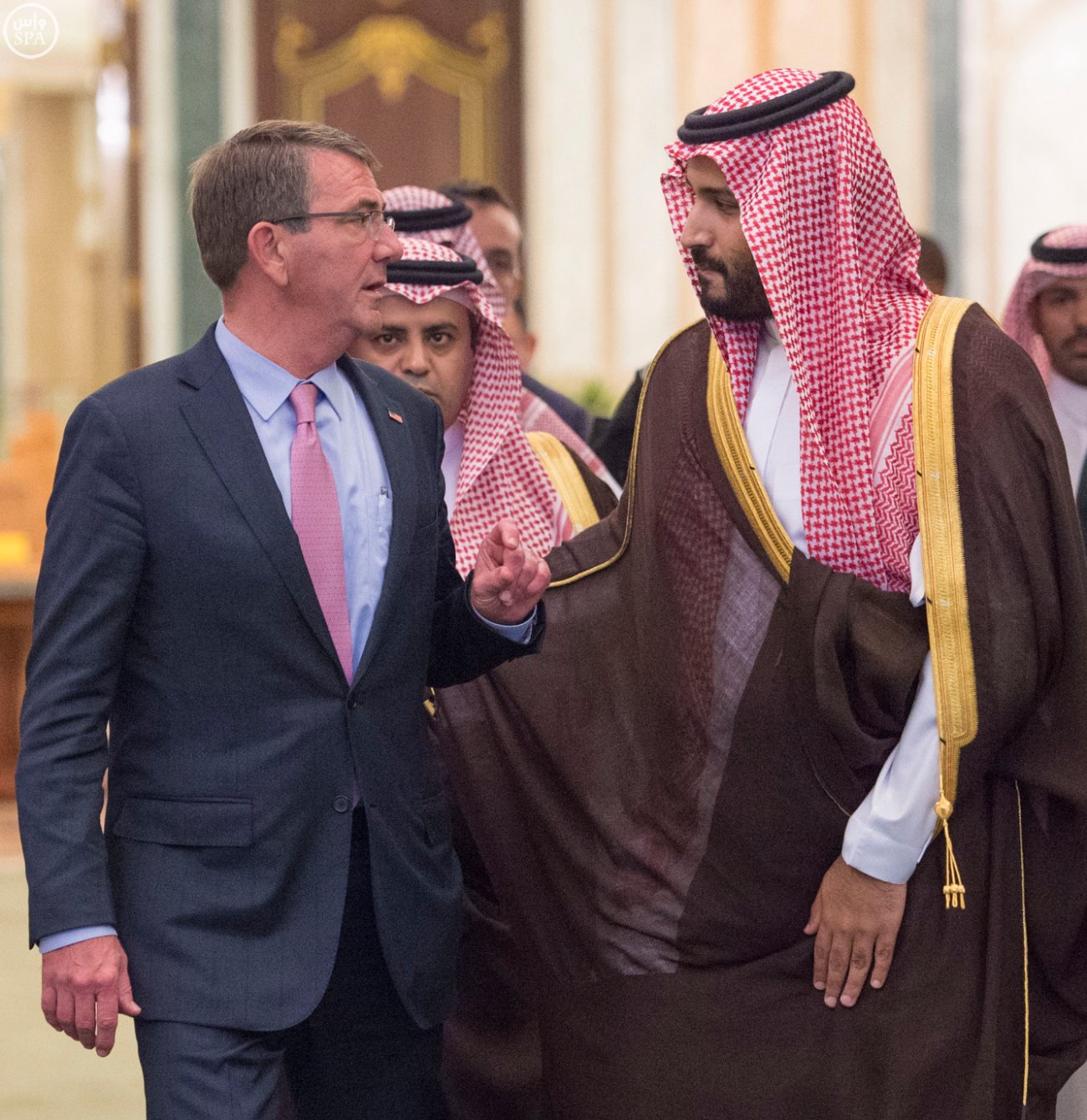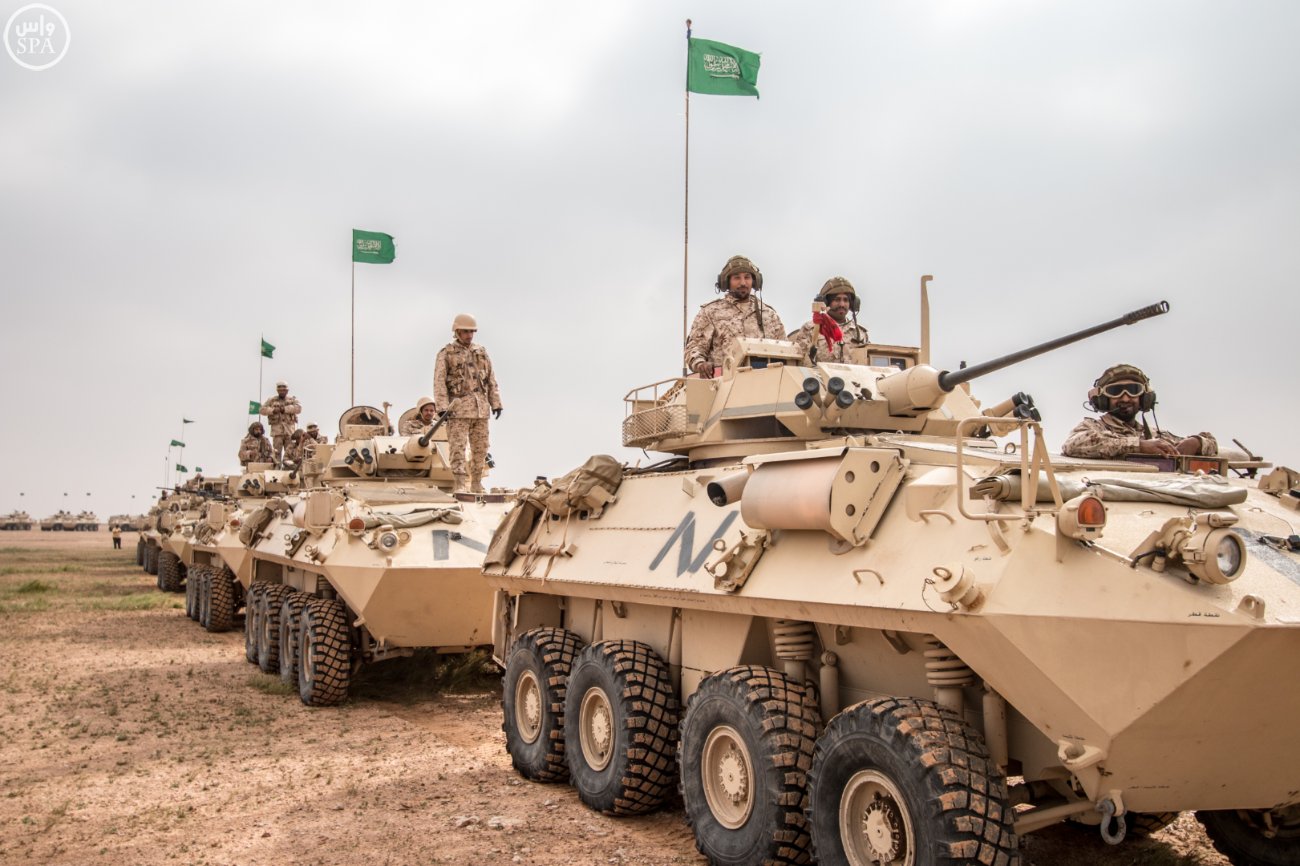The Senate on Wednesday rejected a bipartisan proposal to block a pending $1.15 billion United States arms sale to Saudi Arabia by a vote of 71-27.
The Senate action comes as Congress is considering whether to override an expected presidential veto of the so-called JASTA bill, allowing 9/11 victims’ families to sue the Saudi government.
The proposed sale was approved by the State Department. The Pentagon announced on Aug. 9 that the State Department had given its approval for the potential sale of more than 130 Abrams battle tanks, 20 armored recovery vehicles and other equipment to Saudi Arabia, a key ally to the United States in the region.

Secretary of Defense Ash Carter meets with Deputy Crown Prince and Minister of Defense Mohammed bin Salman.
The principal contractor will be Michigan-based General Dynamics Land Systems (GDLS).
According to The Hill, top supporters of the resolution — including Senators Rand Paul (R-Kentucky), Chris Murphy (D-Connecticut), Mike Lee (R-Utah) and Al Franken (D-Minnesota) — would have needed 60 senators to vote against McConnell’s motion to keep the resolution alive. Those Senators said they supported the resolution out of concern that the equipment will be used in missions to kill civilians and worsen the country’s humanitarian crisis.
Those concerns threatened to derail the deal. Congress may block any foreign arm sale within 30 days of notice by the State department.
Senator Lindsey Graham called the efforts to block the arms sale “ass-backwards,” according to The Hill. “I think it would be pretty odd for members on the other side of the aisle who almost unanimously supported the Iranian nuclear agreement … [to] deny a weapons sale to somebody who is in the fight with you,” Graham said from the Senate floor. “You’re talking about ass-backwards.”
The State Department and the Pentagon said that the deal will not alter the basic military balance in the region and will improve Saudi Arabia’s security, which it called a strategic regional partner and “leading contributor of political stability and economic progress in the Middle East.”
!["Saudi Arabia shared intelligence that's made Americans safe. They have allowed us to use their air bases in time of conflict," he said. "They are all-in against [ISIS]," Sen. Graham said.](http://sustg.com/wp-content/uploads/2016/03/Saudi-military-defense-arms-security.jpg)
“Saudi Arabia shared intelligence that’s made Americans safe. They have allowed us to use their air bases in time of conflict,” he said. “They are all-in against [ISIS],” Sen. Graham said.
In June, U.S. Defense Secretary Ash Carter hosted Deputy Crown Prince Mohammed bin Salman, Saudi Arabia’s defense minister, at the Pentagon in Washington, D.C. The two leaders and other defense officials from both the U.S. and Saudi Arabia met “for a series of constructive meetings and briefings,” the Pentagon said in a readout. “The Secretary thanked Deputy Crown Prince bin Salman for Saudi Arabia’s close partnership and reaffirmed their strong relationship.”









